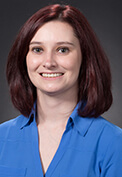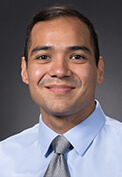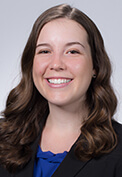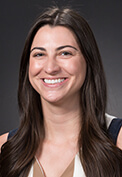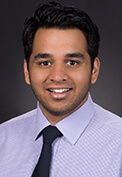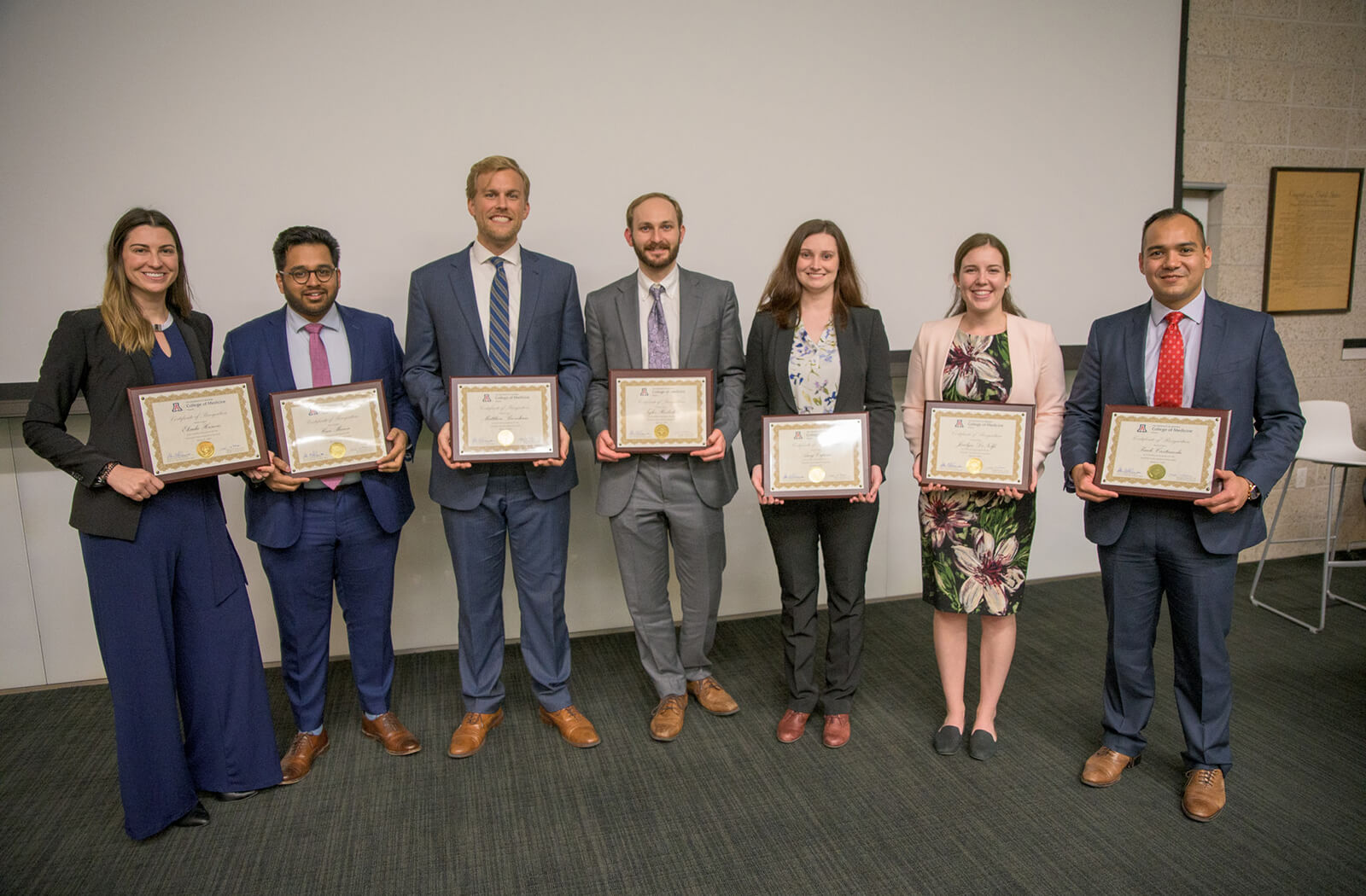
Medical Students Present Four Years of Research at Scholarly Project Symposium

Medical students at the University of Arizona College of Medicine – Phoenix spend four years during their medical school journey conducting research designed to enhance their future careers and improve the quality of health care in Arizona.
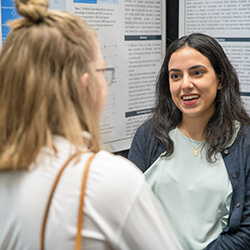
“I was very impressed by the quality and depth of many of the projects,” said Matthew McEchron, PhD, director of Scholarly Projects, at this year’s symposium on March 11.“ Many students are submitting their research projects for publication. And nearly 50 percent of the class of 80 worked on a second research project in addition to their original project.”
The medical school is one of just six in the country to require a longitudinal, hypothesis-driven project with a final thesis component. About one-third of medical schools require some scholarly activity, which can take on many different forms,and about 57 percent require some form of a scholarly project.
The project is an important component of the curriculum of the College of Medicine – Phoenix. Dr. McEchron said it provides students with critical thinking and tools to practice evidence-based medicine; emphasizes the importance of lifelong learning; offers students the opportunity to present their work at national conferences; and bolsters a student’s application for residency.
Working with his scholarly project mentor, Stephanie Briney, DO, medical student George Nguyen evaluated educational courses to see if they would help the Arizona Asian Pacific Islander community be more receptive to help and psychiatric care. Nguyen’s project discovered that after a one-hour course, community members were more likely to seek professional help.
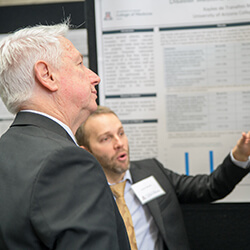
Nguyen added that he enjoyed the symposium and loved seeing the projects of his friends and colleagues come to fruition after four years of hard work.
Agnes Ewongwo worked on two projects during her four years of medical school with mentors Dana Chase, MD, and Bradley Monk, MD. Her project looked at the burden of chemotherapy agents in the community. She was concerned about the financial burdens, as well as treatment toxicities that are associated with cancer medications.
Ewongwo said she didn’t know what to expect at the symposium, but that it was a great experience. She enjoyed having first-year medical students learn about her work and ask questions.
“It has given me a more academic mindset,” Ewongwo said. “The ability to start with a question and go through the rigorous process of data collection has taught me not only the process of contributing to the scholarly community, but also the process of research. This makes me better equipped for residency and better equipped as a physician. It also has given me the ability to publicly speak and present my work with the scientific community. This was something I had never done before starting my scholarly project and I’m very grateful for the opportunity.”
The college has highlighted a few scholarly projects from graduating medical students.
Student Profiles
About the College
Founded in 2007, the University of Arizona College of Medicine – Phoenix inspires and trains exemplary physicians, scientists and leaders to advance its core missions in education, research, clinical care and service to communities across Arizona. The college’s strength lies in our collaborations and partnerships with clinical affiliates, community organizations and industry sponsors. With our primary affiliate, Banner Health, we are recognized as the premier academic medical center in Phoenix. As an anchor institution of the Phoenix Bioscience Core, the college is home to signature research programs in neurosciences, cardiopulmonary diseases, immunology, informatics and metabolism. These focus areas uniquely position us to drive biomedical research and bolster economic development in the region.
As an urban institution with strong roots in rural and tribal health, the college has graduated more than 1,000 physicians and matriculates 130 students each year. Greater than 60% of matriculating students are from Arizona and many continue training at our GME sponsored residency programs, ultimately pursuing local academic and community-based opportunities. While our traditional four-year program continues to thrive, we will launch our recently approved accelerated three-year medical student curriculum with exclusive focus on primary care. This program is designed to further enhance workforce retention needs across Arizona.
The college has embarked on our strategic plan for 2025 to 2030. Learn more.
